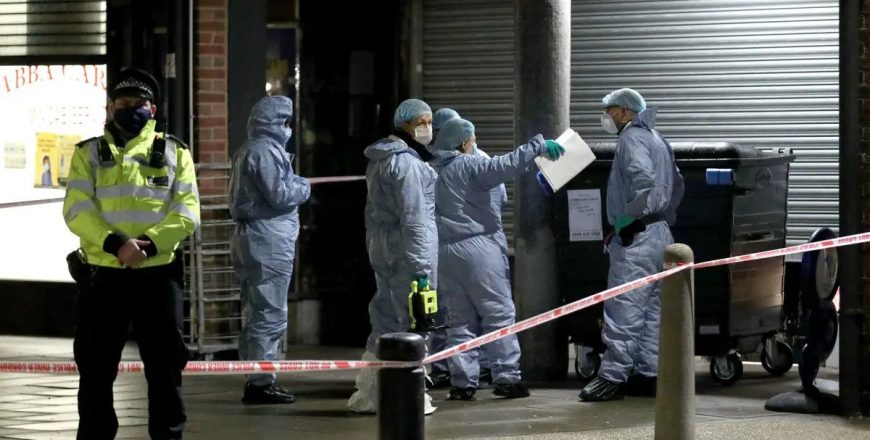
On a serious and complex crime investigator apprenticeship course, you’ll help conduct serious and complex investigations in law enforcement.
The general purpose of the job, which is often carried out by HM Revenue & Customs, the National Crime Agency, police forces, the Ministry of Defence, or the Financial Undertake Authority, is to undertake extensive and sophisticated investigations. You will conduct investigations via research, analysis, and planning to carry out operational operations.
You’ll work from an office, but you’ll be able to conduct investigations locally, nationally, and internationally. Many include employing covert investigative methods and cutting-edge technology to target high-level organised crime organisations.
In your daily work, you will interact with members of various groups to obtain witness testimony, acquire evidence, conduct authorised searches of physical and virtual sites, and, if necessary, arrest and interrogate suspects.
You will be required to work both alone and cooperatively with other case team members or other professionals.
What you’ll learn
On a serious and complex crime investigator apprenticeship course, you’ll learn to:
- Apply relevant legislation to a wide variety of serious and complex criminal investigations.
- Conduct extensive and sophisticated criminal investigations following Authorised Professional Practice (APP) or other regulations or standards relevant to their organisation.
- Assign specific responsibilities to Intelligence Analysts to aid with complex investigations.
- Prepare and submit proposals for covert activities.
- Prepare and submit criminal prosecution files to the Crown Prosecution Service and other legal organisations to ensure favourable court outcomes.
- Attend Magistrate, Youth, Crown, or Coroner courts to testify on behalf of the Crown Prosecution Service or other prosecuting agencies.
- Conduct a thorough investigation to verify that any arrests and subsequent searches are made lawfully and legally to recover as much evidence as possible.
- Conduct suspect interviews following established interrogation methods to collect evidence and develop new lines of inquiry to help investigations.
- Carry out the duties of a Disclosure Officer effectively within the context of a large and complex criminal investigation to ensure that the Criminal Procedure and Investigations Act (CPIA) is followed correctly.
- While conducting interviews, protect vulnerable victims and witnesses and utilise Achieving Best Evidence criteria to get the best evidence. Make sure that special safeguards are taken to protect vulnerable people.
- Preserve and preserve crime scenes while developing forensic strategies to capitalise on evidentiary opportunities supplied by existing material.
- Utilise modern technologies to maximise material and evidence collecting opportunities.
- Identify operational risks to the public, oneself, and colleagues, and employ health and safety legislation and any other rules and procedures relevant to their organisation to limit such risks and enable investigations to continue in a variety of difficult situations. Recognise the need to prioritise investigative methods in the case of vulnerable victims or dangerous suspects to prevent risk and harm.
- Investigative decision-making should be used in extensive and complex criminal investigations to concentrate actions and ensure that all critical judgements are justified and reviewed.
Entry requirements
You’ll usually need:
- Depending on the employer, but likely A-levels or equivalent qualifications or relevant experience.
- Apprentices without level 2 English and maths will need to achieve this level before taking the end-point assessment.
Assessment methods
The End Point Assessment consists of two distinct assessment methods:
- Professional discussion
- Evidence-based research project and presentation
Duration, level, subjects and potential salary upon completion
- Duration: 30 months
-
Level: 6 – Degree Apprenticeship
- Relevant school subjects: English
- Potential salary upon completion: £28,000 per annum
Apprenticeship standard
More information about the Level 6 Serious and Complex Crime Investigator Apprenticeship standard can be found here.
Apprenticeship end point assessment
For more information about the End Point Assessment Process, please read the Institute of Apprenticeships’ information page.
